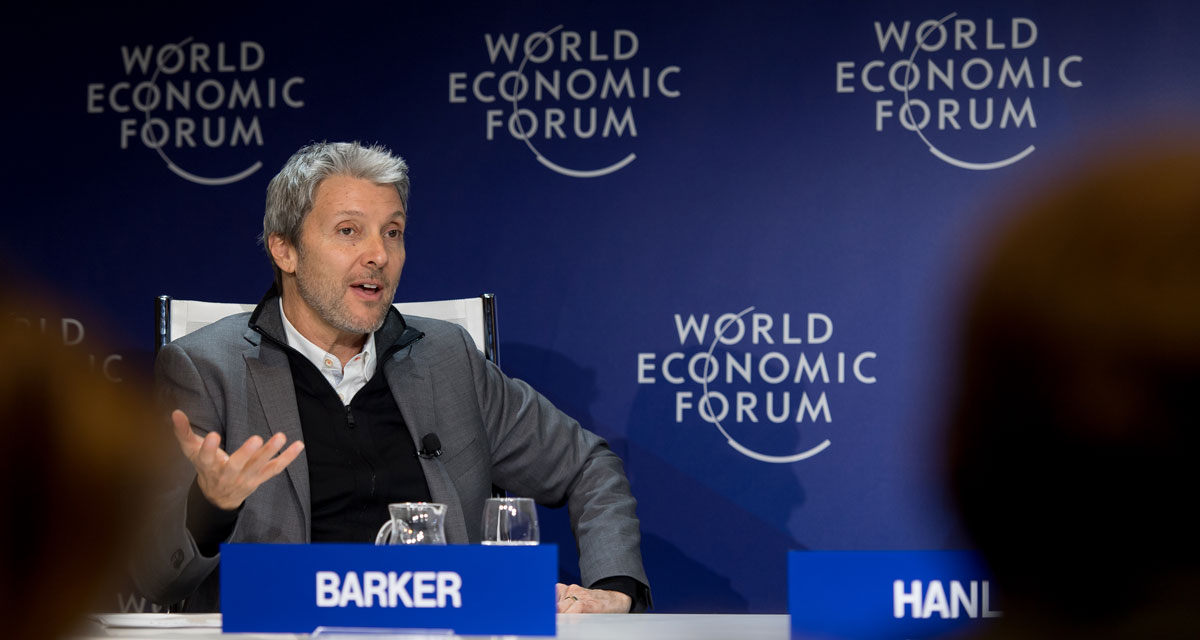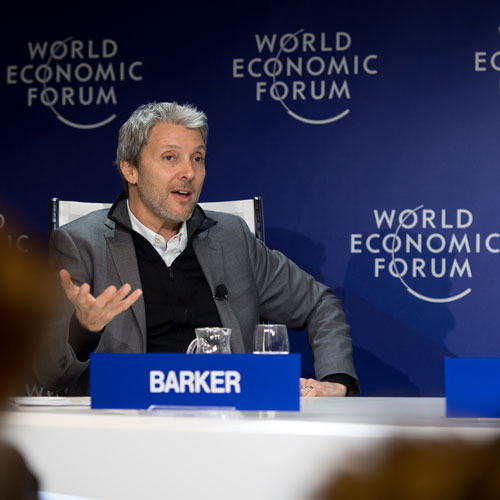
At the World Economic Forum Annual Meeting 2018 in Davos, Switzerland, Equimundo revealed new analysis on the drivers of harassment in the research brief, Unmasking Sexual Harassment: How Toxic Masculinities Drive Men’s Abuse in the US, UK, and Mexico and What We Can Do to End It.
Much of the discussion about harassment in this historic, #MeToo moment has been about the behavior of men in power: Harvey Weinstein, Matt Lauer, prominent legislators, and business leaders. However, research from Equimundo in the United States (US), United Kingdom (UK), and Mexico finds that harassing and abusive behaviors start young and are pervasive.
In a recent study, Equimundo explored young men’s views about manhood through a new research tool called the “Man Box,” a scale composed of 17 attitude statements on toxic masculinity. The study included representative samples of more than 1,000 young men each in the US, UK, and Mexico, across rural and urban areas and all educational and income levels. For the 2018 research brief, Unmasking Sexual Harassment, Equimundo carried out additional data analysis, focusing specifically on learning more about young men and sexual harassment.
The research shows that 1 in 5 young men in Mexico and nearly 1 in 3 young men in the US and the UK had made sexually harassing comments to a woman or girl they didn’t know, in a public place – like the street, their workplace, their school/university, or an internet or social media space – in the previous month. And, 1 in 5 young men in Mexico and almost 1 in 3 young men in the US and the UK had posted photos or messages to embarrass or harass someone – either male or female – in the previous month. Far from the behavior of only rich and powerful men, abuse and harassment of various kinds are commonly and routinely carried out every day by young men in all three countries.
“In this #MeToo moment, and it is a tremendous moment, if all we think we need to do is make lists of men who’ve harassed, and if we think it’s just a handful of men at the top, we’ve missed the broader question,” said Gary Barker, president and CEO of Equimundo, at the World Economic Forum Annual Meeting.
What makes the harassers different from the non-harassers?
Young men who believed in toxic ideas of manhood most strongly were the most likely to have ever perpetrated sexual harassment, and they were nearly 10 times as likely to have harassed as those who least believed in these norms. What seems to drive young men’s harassment, more than income level, educational background, age, or any other factor surveyed, is how much they believe in, or have internalized, toxic ideas about masculinity.
What can we do to end toxic masculinity and harassment?
Parents, teachers, the media, colleagues, intimate partners, and male and female peers too often repeat and pass on the messages that “real manhood” is about domination, using violence, and never taking “no” for an answer when it comes to sex. It’s time to stop raising boys into this harmful version of manhood.
We need to continue holding individuals to account, but the problem – and the solutions – also run deeper. We need to start early at home or at school, online, in sports programs, and beyond, not shying away from discussions about “what it means to be a man.” We need to listen to and elevate the voices of women, particularly women of color, disabled women, immigrant women, and lesbian, transgender, and bisexual women, who are disproportionately affected by violence, and we need to work with women’s rights activists. We need to engage parents, celebrities, leaders, and peers as partners in the effort – and empower all people speak out as active bystanders. Men and boys need to raise their voices – and take action for change – together with the women leading the movements, in order to turn the #MeToo watershed into long-term change.
Below, watch Gary Barker speak on the “How Do We Stop Sexual Harassment” panel at the World Economic Forum Annual Meeting, where Unmasking Sexual Harassment was launched. Read the research brief here.
